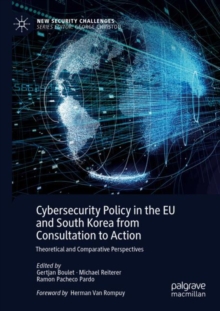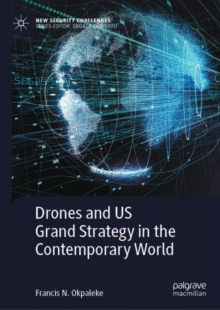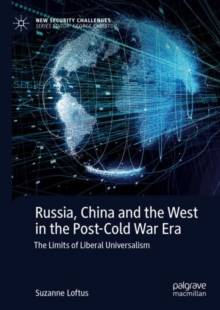
Security and the Turkey-EU Accession Process : Norms, Reforms and the Cyprus Issue PDF
by N. Martin
Part of the New Security Challenges series
Description
This timely study looks at the various phases of the Turkey-European Union accession process, which began in 1959, and the implications for security.
Martin explains the origins of this process, when Turkey was once considered eligible for 'European' or 'Western' status because of the Cold War context, and goes on to explore why its progress has been so impeded.
Once Turkey's eligibility had been established, it was difficult for the EU to backtrack, especially in the light of the Cold War geostrategic imperative.
Instead, opposition to the Turkish case, which was largely religious or cultural, was couched in normative terms.
For as long as Turkey continued to have a poor record of human rights and democracy, the opportunities for its opponents to block the accession progress were plentiful. Between 1999 and 2004, Turkey's sustained effort to improve upon its human rights record resulted in gains in the accession process.
Since 2005, however, the situation has returned to deadlock as Turkey's normative progress has ground to a halt amid resurgent opposition within the European Union and increasing authoritarianism in Turkey. This book argues that the Arab Spring and its consequences have, ironically, offered a renewed opportunity for the EU to renew accession and demand conditionality from Ankara.
However, it is an opportunity which cannot be taken amid the increasingly illiberal nature of the Turkish government, which runs counter to the high ideals of Brussels.
Martin contends that the European Union has missed a vital chance to secure Turkey as a liberal democracy in a volatile part of the world.
As Turkey's future relations with the European Union hang in the balance, Martin's inter-disciplinary study will be of significant interest to students and practitioners alike.
Information
-
Download - Immediately Available
- Format:PDF
- Pages:288 pages
- Publisher:Palgrave Macmillan
- Publication Date:08/04/2015
- Category:
- ISBN:9781137450036
Other Formats
- Hardback from £44.99
- Paperback / softback from £44.99
Information
-
Download - Immediately Available
- Format:PDF
- Pages:288 pages
- Publisher:Palgrave Macmillan
- Publication Date:08/04/2015
- Category:
- ISBN:9781137450036










